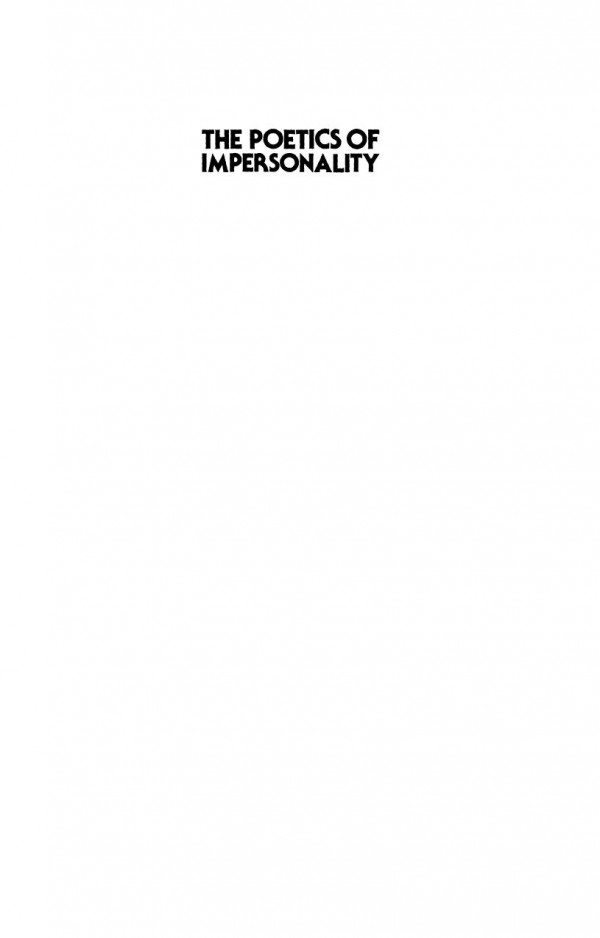

Most ebook files are in PDF format, so you can easily read them using various software such as Foxit Reader or directly on the Google Chrome browser.
Some ebook files are released by publishers in other formats such as .awz, .mobi, .epub, .fb2, etc. You may need to install specific software to read these formats on mobile/PC, such as Calibre.
Please read the tutorial at this link: https://ebookbell.com/faq
We offer FREE conversion to the popular formats you request; however, this may take some time. Therefore, right after payment, please email us, and we will try to provide the service as quickly as possible.
For some exceptional file formats or broken links (if any), please refrain from opening any disputes. Instead, email us first, and we will try to assist within a maximum of 6 hours.
EbookBell Team

5.0
88 reviewsGBS_insertPreviewButtonPopup(['ISBN:9780748691296','ISBN:9780748691302']);
In this classic work, Maud Ellmann examines T. S. Eliot’s and Ezra Pound’s criticism in terms of what she calls the ‘poetics of impersonality’. She convincingly shows that Eliot’s and Pound’s attempts to overcome personality merely reinstated it in a new guise. And her superb and entirely original readings of the major poems of the modernist canon have earned a lasting place in criticism.
Following an analysis of Eliot’s relation to Bergson, Ellmann goes on to analyse Eliot’s ‘Tradition and the Individual Talent’ and the later After Strange Gods, the early poems, The Waste Land, and Four Quartets. She then turns to Pound’s Personae, particularly ‘Mauberley’, and the Cantos. Ellmann looks for the contradictions inherent in modernist literary ideology and deftly teases out their implications. Stylish and perceptive, this book marked the debut of a major literary critic, and it has as much resonance today as it did on first publication.